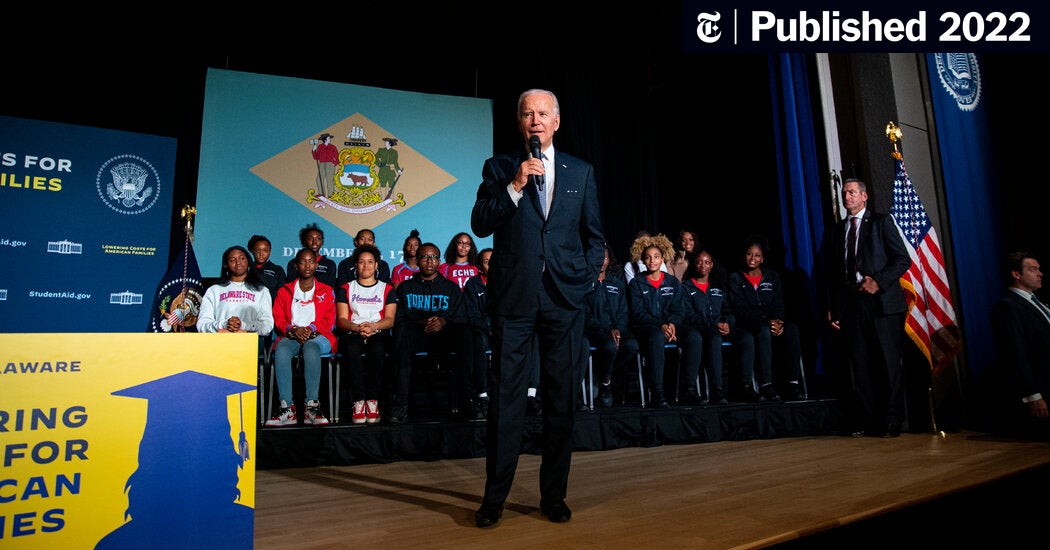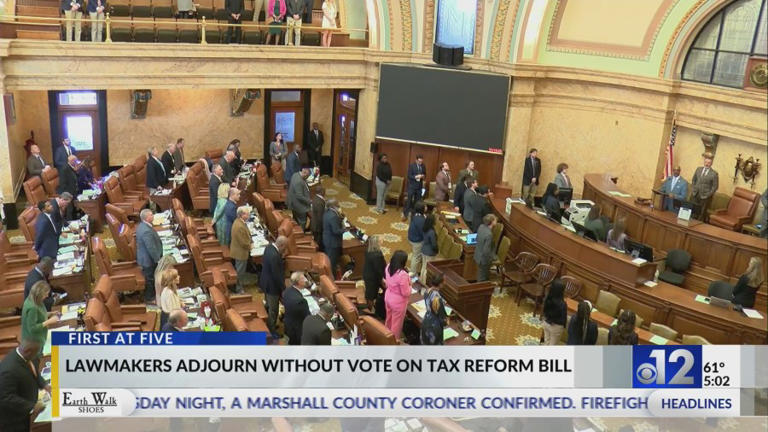Universities To Sue After Senate Education Budget Cuts

Table of Contents
The Senate Education Budget Cuts: A Detailed Breakdown
The Senate's education budget cuts represent a significant blow to higher education funding. The exact figures vary depending on the source, but reports indicate reductions exceeding [Insert Specific Dollar Amount or Percentage] in funding for the upcoming fiscal year. These reductions aren't evenly distributed; some programs have been hit harder than others. This targeted approach has raised concerns about fairness and equity in accessing higher education.
- Quantifiable Funding Reductions: The cuts amount to [Insert Specific Number] dollars, representing a [Insert Percentage]% decrease in overall higher education funding.
- Key Programs Affected: The most significant impacts are felt in [List Specific Programs, e.g., Pell Grants, research grants for STEM fields, student support services]. Funding for these crucial programs has been slashed by [Insert Percentages or Specific Dollar Amounts].
- Geographical Disparities: The cuts disproportionately affect [Mention Specific States or Regions] where state funding already lags behind national averages. This exacerbates existing inequalities in access to higher education.
Universities Taking Legal Action: Reasons and Strategies
Facing drastic funding reductions, several major universities have announced plans to file lawsuits against the Senate. Their legal challenges stem from arguments that the cuts violate [Mention Specific Laws or Constitutional Rights, e.g., the right to education, equal protection clauses]. These institutions believe the cuts are not only financially devastating but also infringe upon their ability to provide quality education to their students.
- Key Legal Arguments: The lawsuits primarily allege [Summarize the main legal arguments, e.g., breach of contract, violation of state constitutional provisions guaranteeing education funding].
- Prominent Universities Involved: [List Names of Universities Involved]. The coordinated legal action demonstrates a collective resolve to challenge the budget cuts.
- Potential Legal Outcomes: Possible outcomes range from partial restoration of funding to a complete dismissal of the lawsuits. The implications for future higher education funding are significant.
The Impact on Students: Rising Tuition and Increased Debt
The Senate's budget cuts will undoubtedly have a severe impact on students. The most immediate consequence is likely to be a substantial increase in tuition fees. Universities will be forced to compensate for lost funding by raising tuition, making higher education less accessible to students from lower-income backgrounds. This also translates to a potential surge in student debt.
- Projected Tuition Increases: Based on the magnitude of the cuts, tuition is projected to rise by [Insert Percentage or Range] at many universities.
- Impact on Student Enrollment: The rising cost of tuition is expected to lead to a decrease in student enrollment, particularly among students from low-income families.
- Long-Term Consequences of Increased Student Debt: Higher student debt burdens graduates with years of financial hardship, impacting their ability to purchase homes, start families, and contribute fully to the economy.
The Future of Higher Education Funding: A Call for Reform
The current crisis demands immediate and comprehensive reform. Simply restoring the previous funding levels is not a long-term solution. We need sustainable and equitable funding models that ensure the continued accessibility and quality of higher education for all.
- Alternative Funding Models: Exploration of alternative funding models such as increased state and federal funding, increased tuition flexibility, and expanded scholarship programs are essential.
- Policy Reforms: Policy changes focusing on affordable tuition, increased financial aid, and streamlined administrative processes are needed.
- Successful Models from Other Countries/States: Examining successful higher education funding models in other countries or states can provide valuable insights and potential solutions.
Conclusion
The Senate's education budget cuts represent a grave threat to the future of higher education. The lawsuits filed by universities highlight the severity of the situation and the urgent need for action. The impact on students, in terms of rising tuition and increased debt, is undeniable. We must advocate for substantial and sustainable funding increases to ensure that higher education remains accessible and affordable for all. Contact your elected officials today; demand increased funding for higher education and help prevent further cuts to programs that shape our future. The fight to prevent universities from needing to sue after Senate education budget cuts is a fight for the future of education.

Featured Posts
-
 Hernando Mississippi Impact Of Potential Income Tax Elimination
May 19, 2025
Hernando Mississippi Impact Of Potential Income Tax Elimination
May 19, 2025 -
 Crisis En El Cne Analisis De La Militarizacion De La Sesion Electoral
May 19, 2025
Crisis En El Cne Analisis De La Militarizacion De La Sesion Electoral
May 19, 2025 -
 Gazze Seridi Nde Yerinden Edilen Filistinlilerin Hayatta Kalma Muecadelesi
May 19, 2025
Gazze Seridi Nde Yerinden Edilen Filistinlilerin Hayatta Kalma Muecadelesi
May 19, 2025 -
 Mets Vs Cubs A Pitching Vs Offense Showdown
May 19, 2025
Mets Vs Cubs A Pitching Vs Offense Showdown
May 19, 2025 -
 Tampoy Perissotera Epeisodia Sto Mega Kathe Evdomada
May 19, 2025
Tampoy Perissotera Epeisodia Sto Mega Kathe Evdomada
May 19, 2025
